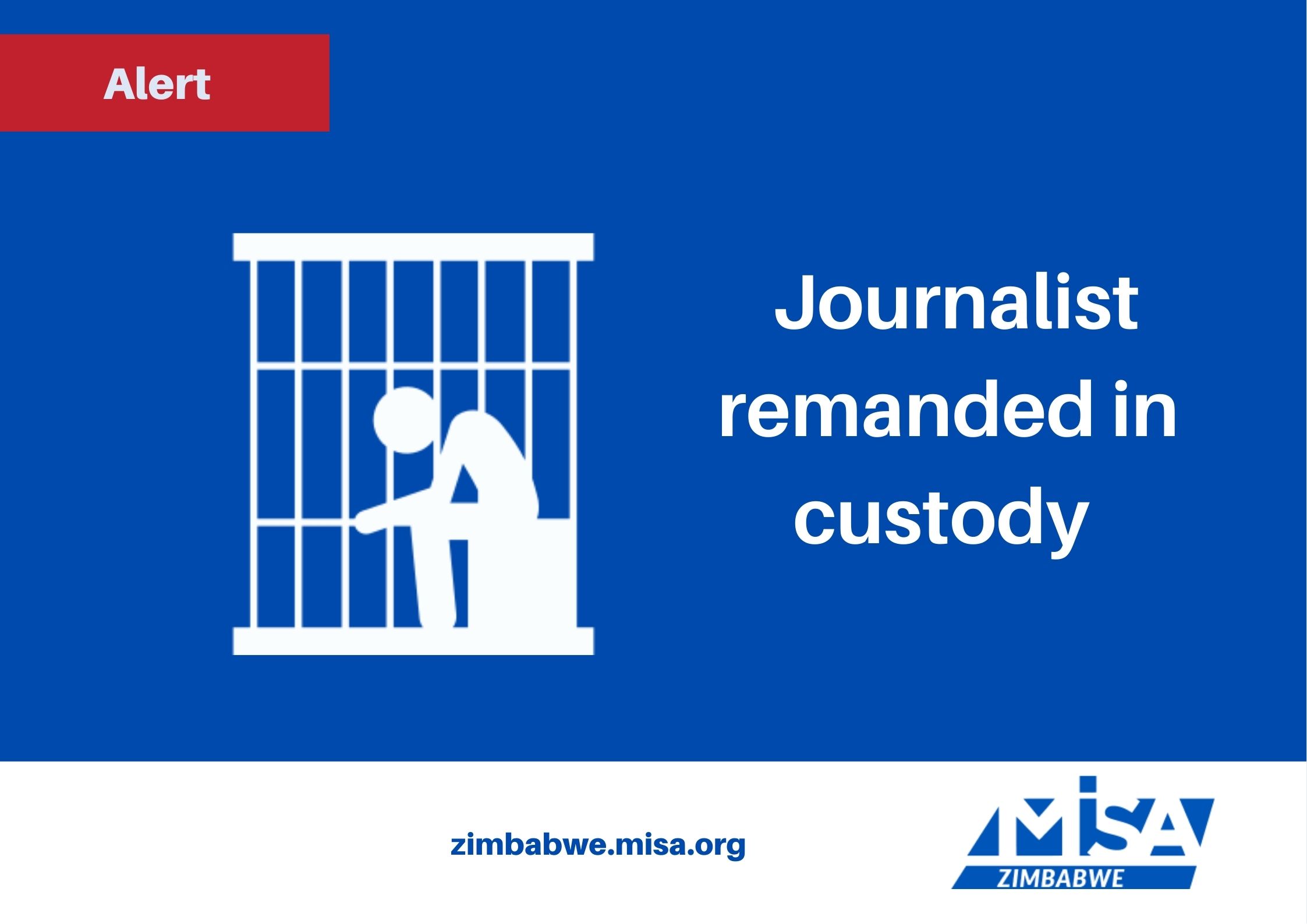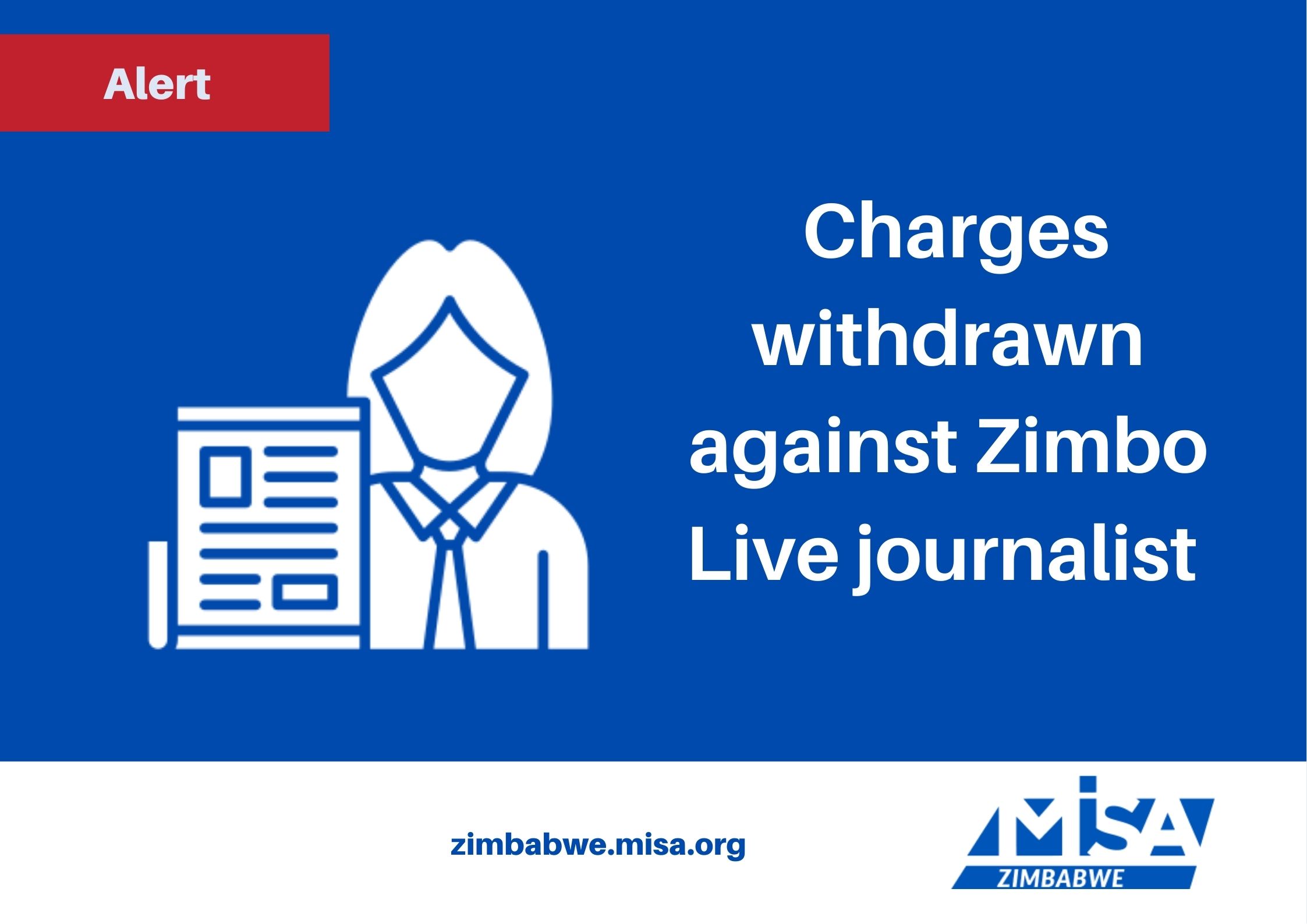The Coordinated Civil Society Regional Observer Mission comprising the SADC Council of NGOs, SADC Lawyers Association (SADC-LA) and the Media Institute of Southern Africa (MISA), observed the Lesotho National Assembly Elections, held on Saturday, 28 February 2015. The Mission benefits from specialised expertise that the participating organisations bring in order to enable them to make a comprehensive assessment of the electoral process.
The Mission was made up of 17 regional observers and 30 local observers that were drawn from SADC-CNGO members and the Lesotho Council of NGOs. Additional input was provided by the national structures of SADC-LA, the Lesotho Law Society, and MISA, through its national chapter, MISA Lesotho. The Mission visited 26 constituencies and 121 polling stations.
REPORT OF THE Joint Mission Observation
4.1 The Legal Framework and Context
The Mission observed whether the elections were held in accordance with national, regional and international legal frameworks. Lesotho is bound by a number of international treaties and has ratified the International Convention on Civil and Political Rights (ICCPR) and the African Charter on Democracy, Elections and Governance. The Mission was further guided by the SADC Principles and Guidelines Governing Democratic Elections as well as other principles dealing with election management principles.
The Kingdom of Lesotho is a sovereign democratic kingdom and the Constitution is the supreme law of the Lesotho. The Constitution provides that every citizen has the right to take part in the conduct of public affairs, directly or through freely chosen representatives, to vote or to stand for election at periodic elections under a system of universal and equal suffrage and secret ballot. The Constitution further provides for the right of freedom of expression, freedom of peaceful assembly, and the right to freedom of association with certain limitations dealing with public safety and the rights and freedoms of others.
The Constitution guarantees electoral democracy as Parliament shall continue for a period of five years and thereafter be dissolved. The Constitution and the National Assembly Electoral Act adequately provide for the exercise of political rights and for the procedure in which elections should take place. The National Assembly Electoral Act specifically provides that political parties must facilitate the full participation by women, youth and disabled persons in political activities on the basis of equality and thereby aims to avoid any discrimination in the political process.
Overall, the Mission is of the view that the legislative framework provides an enabling environment in which elections can take place and in which citizens can adequately exercise their right to vote and take part in the political affairs of the country.
4.2 Pre-election Assessment by the Mission
Pre-election assessment by the Mission included the deployment of a pre-election mission to Lesotho by SADC-CNGO between 11 and 13 February, and on-going monitoring of media performance ahead of the elections by MISA Lesotho. In the course of the pre-election assessments the Mission observed the following:
- While the time allocated for the preparation of election was very short, stakeholders appeared ready for the elections to take place on the 28 February 2015. The pre-election mission therefore found the Independent Electoral Commission (IEC) well prepared to deliver free and fair elections.
- However, stakeholders raised a major concern about security challenges and related persisting tension and division among elements of security sector. In the view of many stakeholders this remained a top priority to be addressed before the election.
- Further, the pre-election Mission noted challenges such as polarisation of the media along political party preferences, corruption and tension among political parties which in the view of the Mission demonstrated a leadership vacuum in terms of a clear vision for the country’s recovery from crisis management to addressing the factors that led to the current problems.
4.3 Voter Registration and Voters’ Roll
The voter registration in Lesotho is continuous, which provides people ample opportunity to register. However, it has been noted that many people who could have wanted to register could not do so as registration suspension came earlier than expected. There have been many issues raised about credibility of the Voters Roll. While the IEC has provided explanation demonstrating that such inaccuracies would have no effect on the results, it is critical to ensure that the Voters’ Roll is as clean and accurate as possible. Though IEC displayed the Voters’ Roll and subjected it to public scrutiny, there is a still a room for improvement;
4.4 Voting Stations, Conduct of Electoral Officials and Voting
The Voting in 28 February National Assembly Elections in the Kingdom of Lesotho was generally peaceful and free.
- The Mission has not yet received any reports of intimidation or coerced voting.
- The distribution of voting stations and the provision of streams has made voting easy and less stressful to the voters.
- Time: Most of the stations opened on time at 07h00. Only two of the visited stations opened after the stipulated openening time.
- Conduct of officials: Generally the voting officials conducted their duties in a professional and transparent manner. There were some cases where officials did not perform according to the guidelines. In one voting station at the Hlotse Primary School in the Hlotse Constitency, the name of the first voter did not appear on the list but was allowed to vote. The decision was later revoked without notifying the voter.
- Secrecy: Congestion compromised privacy of the voters at some stations.
- Counting: Counting proceeded generally well. In some instances there was no light and cellphone torches had to be used.
- Turnout: Turnout of voters was generally low.
4.5 Media Performance
Based on its pre-election monitoring and assessment of the conduct of the media during the 2015 Lesotho National Assembly Elections Elections, the Mission wishes to note the following:
- Media development organisations can be commended for their efforts to prepare journalists for the task of covering the elections. Such efforts included the training of journalists on peace building and conflict-senstitive reporting.
- The media should be commended for its efforts to facilitate voter education and expand the reach of its reporting. The ‘Election Hour’ simultaneous broadcast by nine[1] radio stations is a pioneering example of collaboration around a single purpose.
- Media institutions and journalists had sufficient access and opportunity to report on the pre-election campaign and the election process without fear of censorship or intimidation.
- Whilst the IEC of Lesotho and the media have made valiant attempts to intensify voter education, a lack of professionalism and adherance to media ethics remained an overriding concern throughout the electoral campaign process.
- Given that public service media have a particular mandate in ensuring fair coverage of elections through equitable distribution of airtime to political parties and candidates, the Mission is concerned about the uneven reportage accorded to various political parties.
- Efforts by the Lesotho Communications Authority (LCA) to promote good conduct amongst broadcasters are acknowledged. However, LCA requires further capacitation to enforce the Lesotho Communications Act and the Broadcasting Rules of 2004.
4.6 RECOMMENDATIONS
Legal
- Although the Constitution and legislation provide for an enabling environment for people to adequately participate in the public affairs of the Kingdom, the Mission is however concerned by section 58 of the Constitution, which sets qualifications for membership of the National Assembly in that a person must be able to speak, and unless incapacitated by blindness or other physical cause, to read and write either the Sesotho or English languages well enough to take an active part in the proceedings of the National Assembly. This creates the potential for discrimination on the basis of education even though the individual may do an adequate task of representing the people who voted for him/her. The Mission is of the view that this provision should be reviewed to avoid any grounds for discrimination.
Media
- Lesotho’s weak legal framework affects the growth of the media. This Mission therefore recommends an aggressive media law reform process to repeal archaic laws that criminalise free expression such as insult, defamation and sedition laws, as well as the adoption of the Media Bill and Access to and Receipt of Information Bill which have been under consideration for more than 15 years.
- The Lesotho media is strongly encouraged to develop a national code of ethics and establish a comprehensive self-regulatory or independent co-regulatory body to ensure compliance with the code of ethics.
- MISA, media owners, journalists’ organisations and development partners should make a commitment to supporting the skills development deficit in Lesotho.
- The Lesotho Communications Authority which is mandated to manage public resources including the granting of licences to operators and managing the radio frequency spectrum, is the subject of extensive political interference. Closer public involvement and scrutiny of the instiution is required and should be guaranteed by law.
General
- The IEC should invest in mobilisation of voter registration during registration time to ensure maximum benefits out of the continued registration arrangement in Lesotho.
- The IEC should ensure that the voters’ roll is presented to political parties well in advance to maximse the corrections and cleaning of the list.
- Basotho should seriously consider cleaning of the voters’ roll to ensure a high level of accuracy.
- IEC should seriously consider embarking on a consistent arrangement with civil society on voter and civic education, as opposed to the current tender-based system.
- Basotho should consider necessarry constitutional, legal and security reforms to strengthen the coalition government should it be the result of the election, to ensure an effective and stable government.
FINAL ANALYSIS
It is the opinion of the Coordinated Civil Society Regional Observer Mission, in its observance of the Lesotho National Assembly Elections, held on Saturday, 28 February 2015, that these elections were free, credible and a true reflection of the will of the Basotho people.
The Mission appeals to the media in Lesotho to contribute to peace and security in Lesotho, by restoring levels of trust and self-worth in a population emerging from conflict. Media owners specifically, have an important role to play in advancing professional standards and adherance to such standards.
[1]Mafeteng Community Radio, 2. Motjoli FM (Thaba Tseka Community Radio), 3. DOPE FM (National University of Lesotho Community Radio), 4. Thaaha-Khube FM, 5. KEL Radio, 6. Radio Spes Nostra, 7. Jesu ke Karabo FM, 8. People’s Choice FM and 9. Harvest FM.
For more information contact:
Mr. Boichoko Ditlhake, Executive Director
SADC-CNGO
Email: abied@sadc-cngo.org.bw
Zoe Titus, Regional Director,
Media Institute of Southern Africa
Email: zoe@misa.org
Chantelle de Sousa, Programmes Office;
SADC Lawyers’ Association
chantelle@sadcla.org













